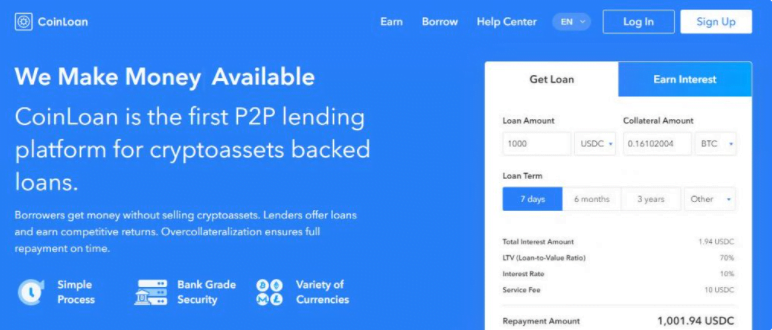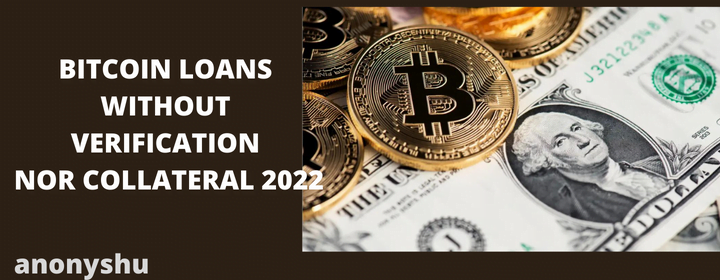PayPal Launches Crypto Features Allowing Transfer of (and Checkout With) Bitcoin, Ethereum, Other Coins;- In response to consumer demand, PayPal announced on June 7 that it is permitting the transfer of cryptos to and from other wallets and exchanges within a user’s account, as well as the ability to transact business with millions of merchants via its Checkout with Crypto function.
This function is already accessible to select US users, and PayPal plans to make it available to all qualified US customers in the coming weeks, according to a statement on its website.
“Allowing PayPal customers to move their crypto assets (Bitcoin, Ethereum, Bitcoin Cash, or Litecoin) into, outside of, and within our PayPal platform reflects the ongoing evolution of our best-in-class platform and enables customers to interact with the broader crypto ecosystem,” PayPal executive Jose Fernandez da Ponte said in a statement. “Customers who deposit their crypto into PayPal may expand the utility of their crypto by spending it at millions of businesses utilizing our Checkout with Crypto offering.”
Despite the negative market circumstances in the crypto world, Mikkel Morch, executive director at crypto/digital asset hedge fund ARK36, told GOBankingRates that prominent fintech and payments businesses like PayPal and Robinhood are progressively integrating cryptocurrency into their services.
“This is crucial because it demonstrates that the desire for new and simpler methods to access cryptocurrencies is as strong as it has always been,” Morch added. “Clearly, consumers are paying attention not only to the speculative side of cryptocurrencies, but also to the innovation they provide in terms of payments and transactions.” So, even in a down market, mainstream acceptance of crypto is rising, and when broader macroeconomic conditions are favorable, the price of these assets will surely reflect this.”
The New York Department of Financial Services (NYDFS) also granted PayPal a full Bitlicense, making it the first company to convert a conditional Bitlicense into a full Bitlicense and “signaling our commitment to responsible innovation and expanding the accessibility and utility of digital currencies while fully complying with regulatory guidelines and best practices.”
The firm also stated that it will continue to roll out new crypto features, products, and services in the coming months.
Digital Payments and Crypto Transactions Are Becoming More Common
According to Ivan Ravlich, CEO of Web3 infrastructure provider Hypernet Labs, digital payments are becoming easier – and everyone is striving to stay up.
“It’s a competition to discover who can deliver the greatest usefulness with the simplest user experiences,” Ravlich explained. “Bridging the gap between mainstream banking and crypto is one of the most crucial frontiers for crypto right now, and the ability to shift money effortlessly between PayPal and external wallets means PayPal delivers the most crypto capabilities among mainstream apps.” The important thing is that it is consistent with decentralization. Obviously, PayPal is not decentralized like a crypto system, but it will offer users who self-custody their own coin with simple access to mainstream money.”
Crypto transfers are irreversible and cannot be reversed.
PayPal also cautioned consumers that cryptocurrency transfers are irreversible.
“Carefully examine the destination address and check that it is of the same kind (Bitcoin, Ethereum, Bitcoin Cash, or Litecoin) as the currency you are transferring.” “Be very cautious when sending cryptocurrency to unknown addresses,” the business stated in a statement.
Sending bitcoin outside of PayPal will incur a network cost, often known as the blockchain network fee, which is not a PayPal fee.
“This cost is determined by network congestion and other variables, and it may change.” On the confirmation screen, PayPal will estimate your network fees. “There will be no network cost when sending or receiving cryptocurrencies to other PayPal customers,” according to the announcement.



